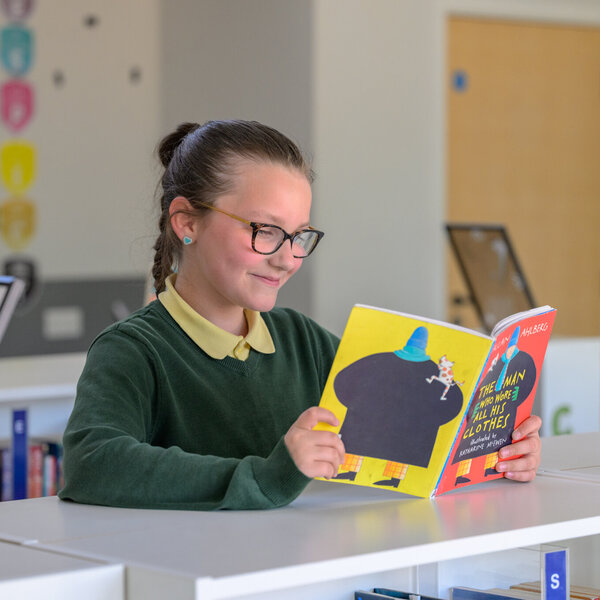What is the Pupil Premium?
The Pupil Premium is additional funding provided by the Department for Education (DfE) to help schools improve the attainment of disadvantaged pupils. It is allocated to schools based on the number of pupils who are eligible for free school meals, children who are or have been in care, and those from families with armed forces connections. The aim is to close the attainment gap between disadvantaged pupils and their peers, ensuring that every child has the best possible start in life.
How Much is the Pupil Premium and What Does Hardwick Green Receive?
For the 2025/26 academic year, Hardwick Green Primary Academy has been allocated £250,097.86 in Pupil Premium funding. This is because 60% of our pupils are eligible for the Pupil Premium—significantly higher than the national average of around 25%. With 232 pupils on roll, this means the majority of our children benefit from this funding. The amount per pupil varies depending on their circumstances, but typically ranges from £1,480 for primary-aged pupils eligible for free school meals, with additional amounts for children in care or previously in care.
How Do We Spend the Pupil Premium?
At Hardwick Green, our Pupil Premium strategy is designed to remove barriers to learning and ensure all pupils can achieve their potential. We follow a tiered approach recommended by the Education Endowment Foundation (EEF), focusing on three main areas:
High-Quality Teaching
- We invest heavily in staff training and professional development, including programmes like Voice 21 Oracy, Read Write Inc phonics, and Maths Hub training.
- Leadership roles such as the Deputy Principal, Early Reading Lead, and Leader of Learning are given dedicated time to support and coach teachers, ensuring the highest standards of teaching across the school.
- Our SENDCo is also given release time to support teachers in meeting the needs of children with special educational needs.
Targeted Academic Support
- We provide one-to-one and small group tutoring, especially in reading and maths, using evidence-based programmes like Read Write Inc and Reading Plus.
- Teaching assistants deliver structured interventions, and we use digital resources such as Times Tables Rockstars and Numbots to support learning at home and in school.
Wider Strategies for Wellbeing and Enrichment
- We offer a free breakfast club for all pupils through our partnership with Magic Breakfast, helping children start the day ready to learn.
- Our Education Welfare Officer works closely with families to improve attendance and support those facing challenges.
- We provide access to therapy and wellbeing programmes such as Thrive and My Happy Mind, and subsidise residential trips and clubs to ensure all children can benefit from enrichment opportunities.
Why is the Pupil Premium Important at Hardwick Green?
Our school serves a community with high levels of deprivation, and many of our pupils face additional challenges such as lower starting points in reading, writing, and maths, language difficulties, special educational needs, and limited access to wider life experiences. The Pupil Premium allows us to address these barriers directly, supporting not just a small group but the majority of our pupils. Our goal is to ensure that every child, regardless of background, can thrive academically, socially, and emotionally.
Monitoring and Impact
We rigorously monitor the impact of our Pupil Premium spending, using both internal and external data. Recent results show significant improvements in early years and phonics outcomes for disadvantaged pupils, and we continue to focus on raising attainment and attendance across the school. Our strategy is reviewed annually and adjusted to ensure we are meeting the needs of our pupils and making the best use of this vital funding.
